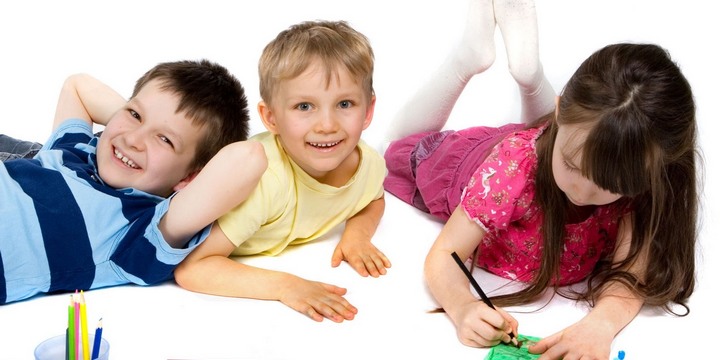Strategic Psychology is a private practice in the centre of Canberra. We offer specialised services from child psychologists for parents who believe their child may benefit from psychological assessment or treatment. At Strategic Psychology, our child psychologists base their assessment and treatment strategies on empirically sound, tried and tested methods. We are passionate about assisting families in the Canberra region to address the challenges that may arise as a result of their child’s academic, behavioural or emotional difficulties.
Child Psychologist Intervention Areas
Our child psychologists are trained to offer assessment and intervention in the following areas:
- Behavioural difficulties (e.g. Attention-Deficit Hyperactivity Disorder, Oppositional Defiance Disorder)
- Concentration and learning difficulties (e.g. Attention-Deficit Hyperactivity Disorder, dyslexia)
- Intellectual disabilities
- Autism Spectrum Disorder
- Emotional problems (e.g. depression, anxiety, anger)
- Tic Disorders (e.g. Tourette’s)
Child Assessment And Intervention Sessions
Strategic Psychology child assessment and intervention sessions are conducted as a combination of individual sessions with the child and parent(s)/guardian(s), and sessions involving both parent(s)/guardian(s) and the child. Where possible, the child psychologist will also liaise with school staff involved in the child’s care to obtain a comprehensive understanding of the child’s functioning. Successful psychological interventions, particularly for younger children, require the participation of adults who are involved in the child’s ongoing care and development so that skills from therapy sessions can be generalised to the home and school environment.
What Strategies Do Our Child Psychologists Use?
- Positive Parenting Skills — Aims to prevent problems in the family, school and community before they arise. Focuses on creating family environments that encourage children to realise their potential. Focuses on developing positive relationships, attitudes and conduct.
- Behavioural Interventions — Involves behaviour observation, analysis and modification strategies.
- Cognitive and Academic Assessments — Clinicians use gold standard cognitive and academic assessments protocols. These formal assessments are used in combination with school reports and interviews with the child, parents/guardians and teachers. The aim of an assessment is to gain a comprehensive understanding of the child’s difficulties, as well as their school and home environments, so that recommendations can be tailored to the child’s particular deficits, strengths and academic and personal context.
Here’s a quick visual guide of what to look for in a child or adolescent psychological assessment.
- Social Skills Training — Social skills are communication, problem solving, decision-making and self-management abilities that allow children to initiate, build and maintain positive relationships. Deficits or excesses in various types of social behaviour interfere with friendships, adult-child relationships, learning and teaching. These problems can be viewed as mistakes in learning. Social skills training involves instruction in: manners, appropriate classroom behaviour, emotion regulation (e.g. anger management) and conflict resolution (e.g. assertiveness skills). A variety of techniques are used to teach these skills, such as role-playing, behavioural reinforcement and psychoeducation.
- Cognitive Behavioural Therapy (CBT) —CBT is most useful for treating anxiety and mood problems in children. CBT involves identifying unhelpful patterns of thinking and behaviour that are maintaining a child’s difficulties and modifying them through techniques such as psychoeducation, thought-challenging and behavioural experiments conducted by the child psychologist.
What To Consider When Choosing A Child Psychologist
There are a number of important factors to consider when finding a psychologist suitable for your child. These include:
- The quality of the therapeutic relationship – How well does your child relate to the child psychologist? How quickly does your child feel comfortable them?
- The age of the child psychologist – Is it more important to have an older psychologist with a wealth of experience, or a younger psychologist whom your child can relate to more easily?
- The qualifications and experience of the child psychologist – Do they have specialties related to working with children, such as in Educational and Developmental Psychology? Have they conducted research related to child disorders or treatment? Have they worked in a specialised child setting, such as a school or paediatric unit?
Finding Assistance In Canberra
If you live in the Canberra region and feel that your child may benefit from psychological assessment and intervention for any of the issues listed above, please contact Strategic Psychology on 02 6262 6157 to see one of our child psychologists. We can assist in identifying the issues that are causing your child’s difficulties and recommend strategies that draw on their strengths and passions in order to achieve optimal social, emotional and academic functioning.
No referral is required in order to see one of our child psychologists. However, you can contact your GP for a referral for your child under Medicare (if eligible) to receive a rebate on child psychologist services provided.
